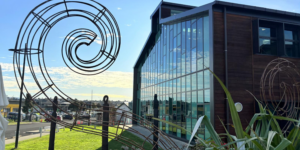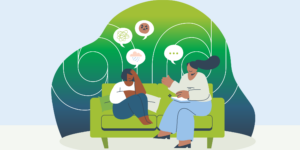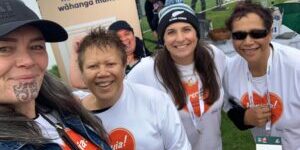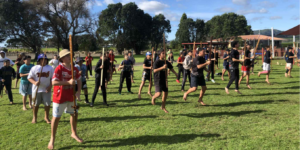WBOP PHO and partners have launched training to support non-clinical staff on opportunistic cancer screening conversations with Māori and Pacific whānau
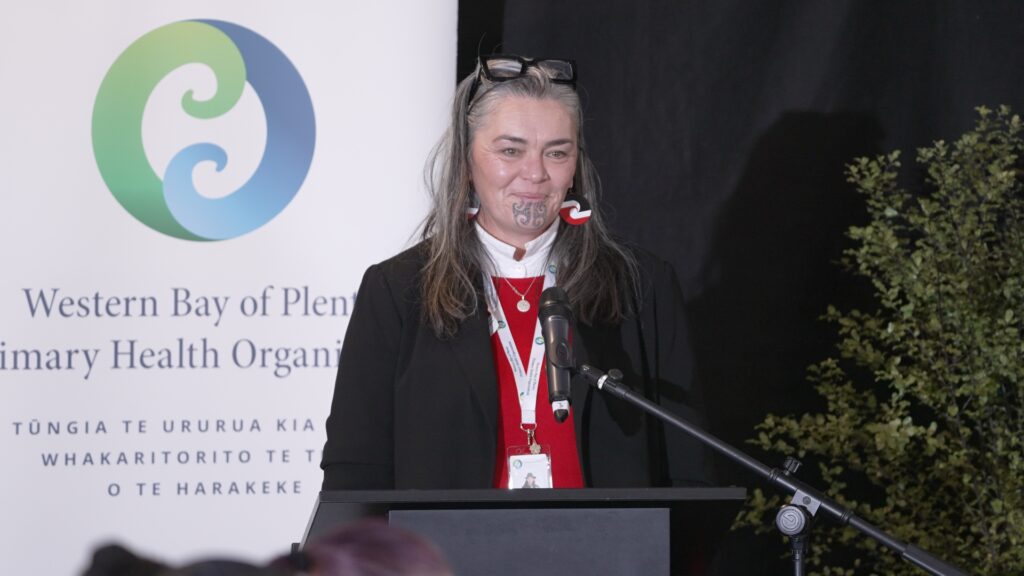
On 23 July, 22 staff from general practice, iwi, and community providers came together at Tāne-nui-a-rangi Wharenui, Mount College, for the first Let’s Talk Screening training. The full-day session was designed to support non-clinical staff to feel more confident having opportunistic cancer screening kōrero with Māori and Pacific whānau.
The day opened with a pōwhiri led by the College’s rangatahi, providing a powerful and culturally rich welcome that set the tone for the programme. For many participants, it was their first pōwhiri, and the wairua of the space created an environment where deeper conversations could unfold.
Grounded in local experience and co-designed with community partners, the training went beyond knowledge-sharing. It created space for stories, reflections, and connection. One of the most powerful moments came when Tatai Allen shared her lived experience, leaving a lasting impression and bringing the kaupapa to life.
Feedback from participants has been strongly positive. One attendee shared, “The training gave me another perspective on inequities and how I can change the way I do my mahi to have better conversations with my clients.” Another reflected, “It will definitely help me approach patients differently. It also gave me ideas on how to make screening feel more convenient for them.”
Reflecting on the day, WBOP PHO General Manager: Network Services Wendy Dillon said it showed why investing in workforce capability is so important. “Better health outcomes start with the people having these everyday conversations. When we create safe, culturally grounded training, we build confidence and trust, and that means more whānau are able to access screening that can save lives.”
WBOP PHO Equity Programme Lead Sénae Mitchel emphasised that the kaupapa reinforces the need to keep equity front and centre. “Māori and Pacific communities face real barriers to accessing screening. By designing training with and for these communities, we’re tackling those barriers in a practical way. Equity isn’t something added on at the end, it has to shape how we train, support, and enable our teams.”
Partnerships that make it possible
This kaupapa reinforced the value of co-design through partnership and collaboration, which sits at the heart of WBOP PHO. Special thanks go to the co-design rōpū and the organisations they represent: Sénae Mitchell, Tiana Bennett, Gemma Pearson, Laura Penny, Rebecca Shooter, and Wendy Dillon (WBOP PHO); Sameli Tongalea and Sela Tu’uholoaki (AvaNiu Pasifika); Esther Martin (PICT); Hayley Honana (Waiariki Whānau Mentoring); Mary Ann Nixon (BreastScreening Midlands); and Chrissy Paul (Hauora a Toi Bay of Plenty).
Online version coming soon
The training is being edited and adapted into a digital platform that will be available to our provider network and community partners. We’ll share more details once it’s ready to launch.

